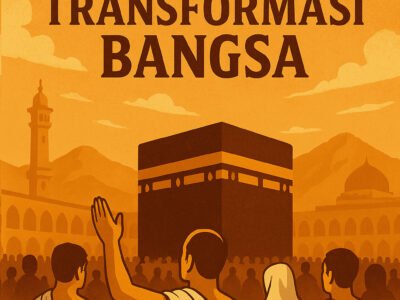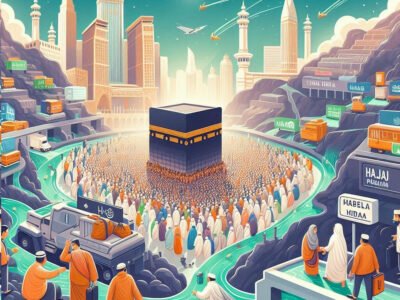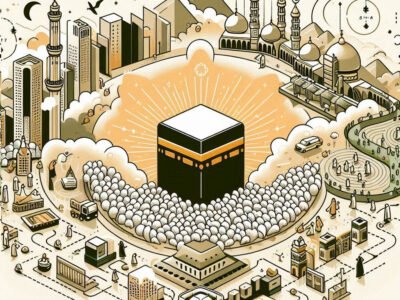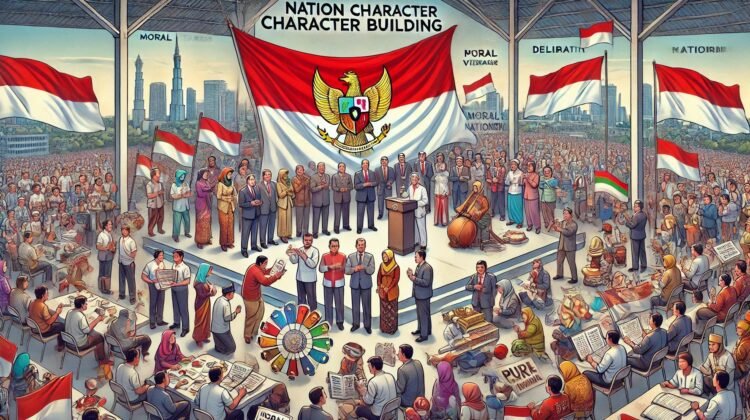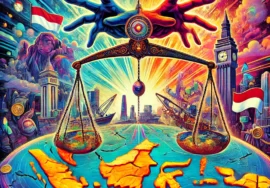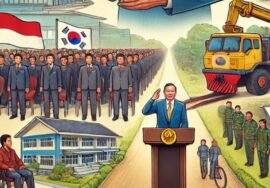(2) The Biggest Agenda of Prabowo Should Be Nation Character Building (NCB)
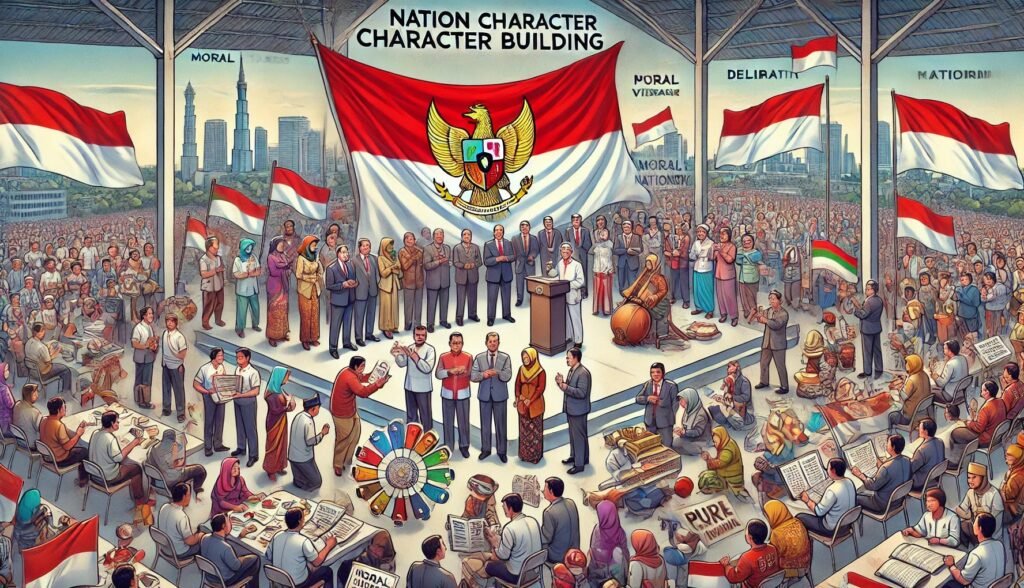
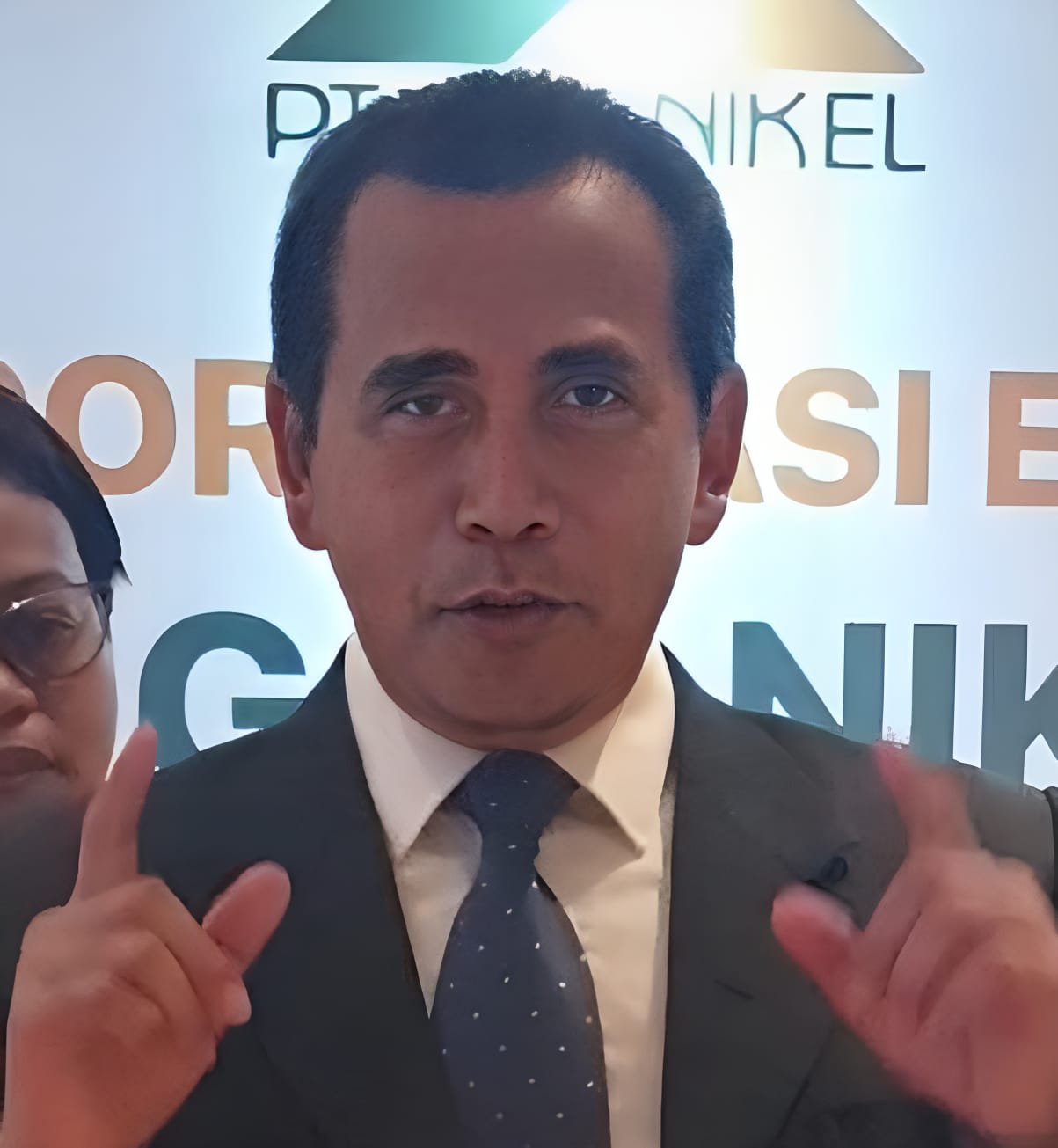
Part 2
Indonesia’s stagnation and backwardness (after 78 years of independence, the per capita income was only USD 4,700 in 2022; compared to Malaysia USD 12,300, Thailand USD 7,800, and Singapore USD 84,700) is certainly not due to a lack of natural resources (SDA); nor is it because of the ignorance or laziness of the Indonesian people.
Almost certainly, it is because of the weak capabilities of the government, which has failed to manage challenges and/or mobilize Indonesia’s extraordinary natural and human resources potential, and has inadequately protected the domestic sector, leading to a lack of productivity in society (with a productivity level of 0.85, below Malaysia, Vietnam, Thailand, China, and India; innovation ranking 61 out of 132 countries, below the Philippines at 56, Vietnam at 46, Thailand at 43, and Malaysia at 36; and, tragically, 68% of the population cannot afford to eat nutritious food).
Therefore, the new President and Cabinet must set an agenda for fundamental changes in government management while strengthening the nation’s character (nation character building, NCB) so that Indonesia can become more productive, integrity-driven, and progressive.
Nation Character Building (NCB)
The NCB agenda cannot be taken lightly because this is the heart of the matter. It concerns the people; if the people are weak, everything else will inevitably be weak. All countries that have succeeded in becoming developed nations initially prioritized human development during their transformation; Japan with its Restoration, South Korea with its Saemaul Undong, Malaysia with its NEP (New Economic Policy), and China with its ‘Deng’s modernization plus Jintao’s reforms.’
NCB must urgently be prioritized, especially for three reasons. First, the threat of national disintegration is real, given the wide disparities in development (Human Development Index outside Java has been lagging behind Java for 10 years). This means that the bond of unity as a nation will continue to weaken due to these growing gaps.
Second, trust in public officials and the government elite is increasingly fading. Corruption, collusion, nepotism, and immoral acts associated with government officials, compounded by authoritarianism, have led to a breakdown of public trust in government management. This threat will weaken the effectiveness of future cabinet work, as public participation will be minimal.
Third, the heavy burden on the state budget (APBN) to finance the IKN project (Rp 90.4 trillion out of a total of Rp 466 trillion) and to cover the principal debt (Rp 8,338.43 trillion, as of April 2024) and its interest (Rp 497.31 trillion in 2024) is looming. In addition, there are urgent social problems such as unemployment (7.2 million), malnutrition (68% of the population), and declining purchasing power, which continue to intensify.
These three variables clearly pose a common threat to the nation of Indonesia. If they are ignored and not addressed properly by the upcoming government agenda, a disaster for Indonesia as a nation will truly occur.
Therefore, Nation Character Building (NCB) must become the strategic solution to all of Indonesia’s current problems as a foundation for Indonesia in 2045. What is the concrete form of NCB that the new government must strive for? (To be continued).
